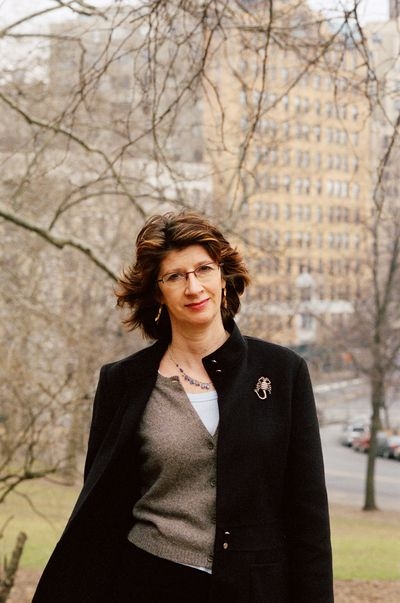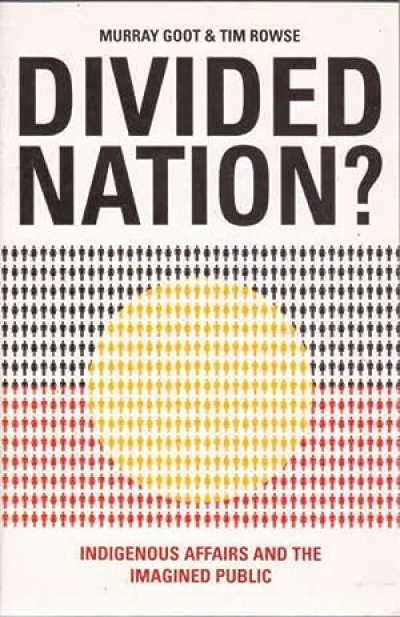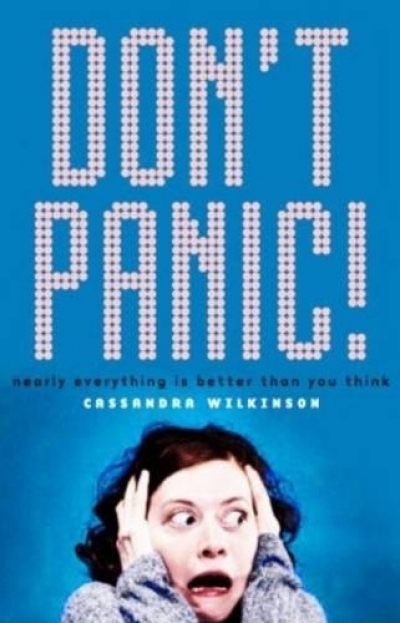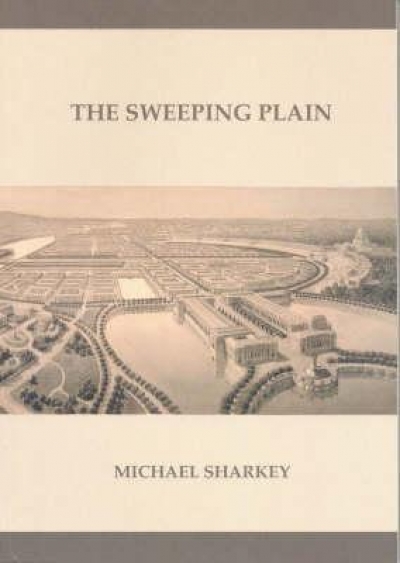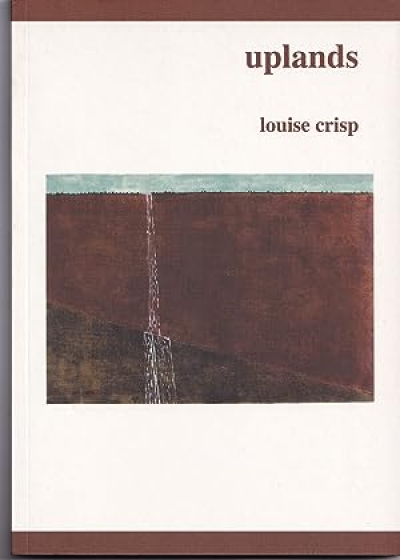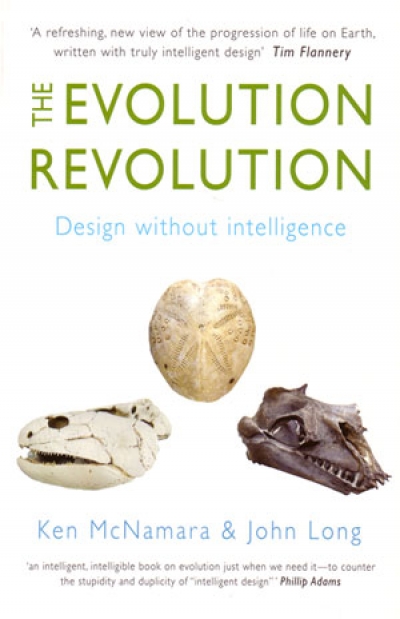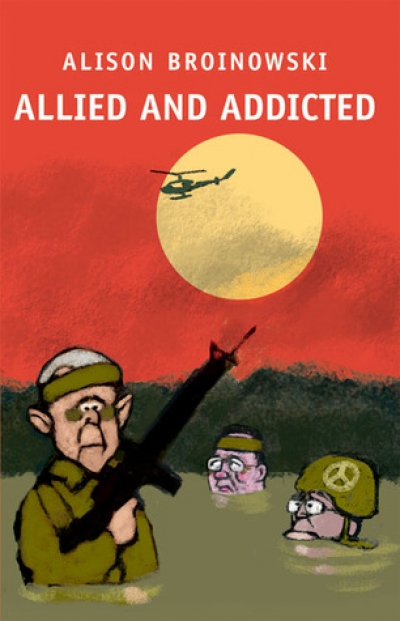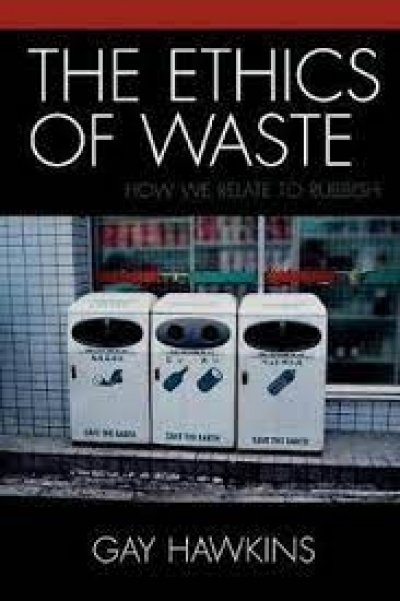Archive
Last year, in the Australian Book Review/La Trobe University Annual Lecture series, Ian Donaldson gave a sparkling talk on biography. He told us that it has emerged as something of a cultural phenomenon in recent years, with a biography section at the front of many bookshops. We now know that the genre has endless possibilities (biographers have written about London, Paris, the pineapple and the potato), and that, despite its dissenters, biography has even become acceptable within the academy. My brother, a paediatrician who works in intensive care, has been known to end telephone conversations by saying: ‘Gotta go, got lives to save.’ Ever since Ian Donaldson’s talk, with its wonderful title, ‘Matters of Life and Death: The Return of Biography’ (ABR, November 2006), I have felt able to say: ‘Gotta go, got lives to write.’
... (read more)Divided Nation: Indigenous Affairs and the Imagined Public by Murray Goot and Tim Rowse
Don't Panic!: Nearly Everything is Better Than You Think by Mark Cully
The Evolution Revolution: Design Without Intelligence by Ken McNamara and John Long
The Feasts and Seasons of John F. Kelly by Robert Pascoe
The Ethics of Waste: How we relate to rubbish by Gay Hawkins
Sunday newspapers are full of oddities, but the Sunday Age of 20 May 2007 contained a most curious story about Meanjin, whose future has been the subject of much rumour and conjecture in recent months. Nestled against yet another outsize story about Harry Potter was an article by Carmel Egan about the future of Meanjin, ‘the tiny but influential literary magazine’ which has been published since 1940. Ms Egan reported that the Meanjin board has recommended to the University of Melbourne that Melbourne University Publishing (like Meanjin, a wholly owned subsidiary of the university) should ‘take over administration and distribution “in the best interests” of the magazine’, and that a decision on Meanjin’s future will be made by the university’s board of management – ‘within the next two months’.
... (read more)
